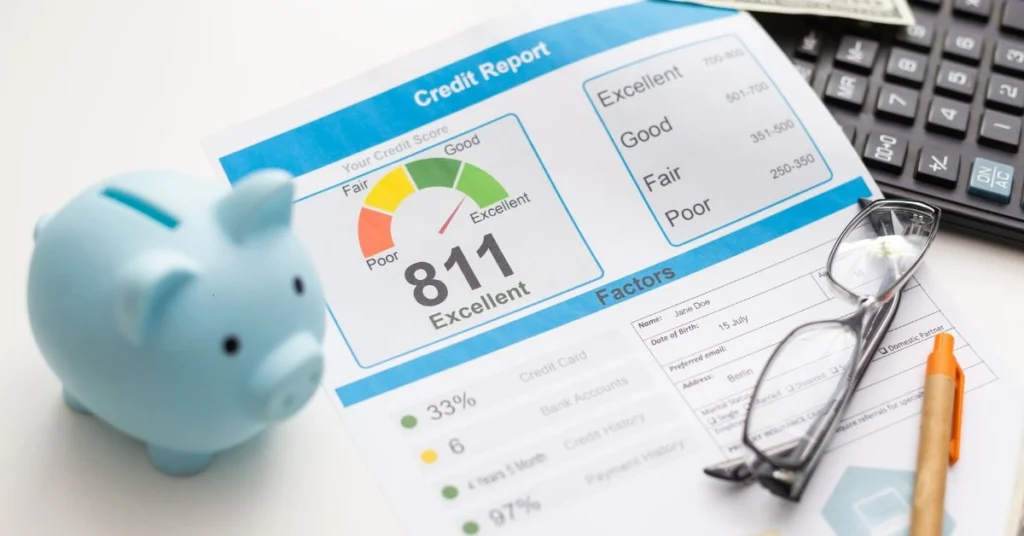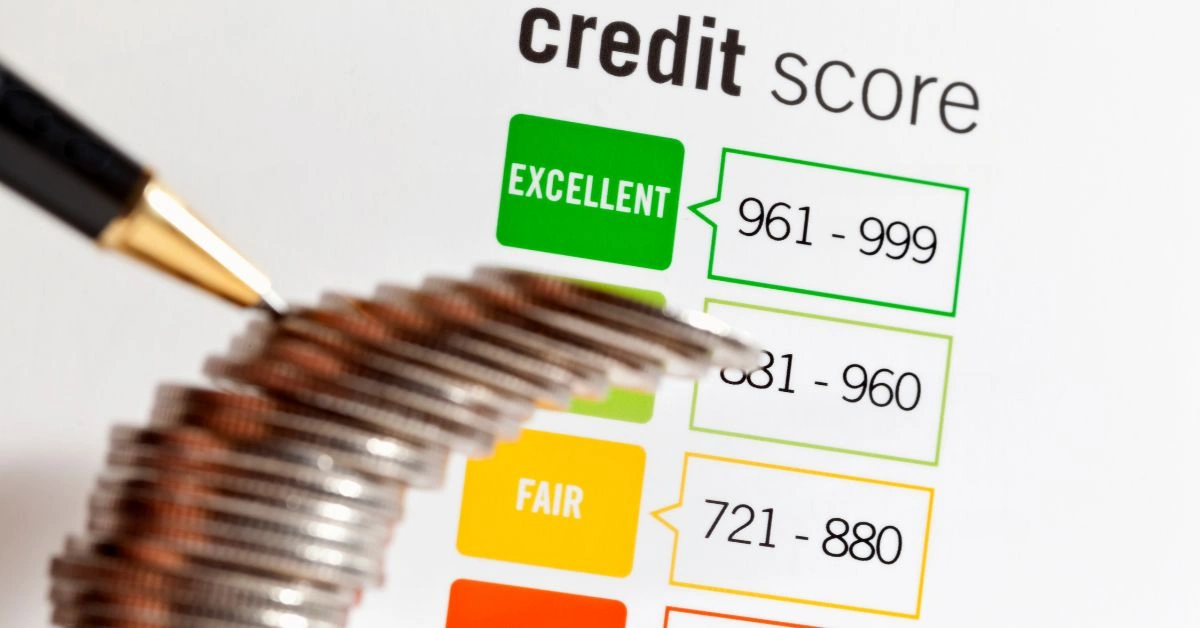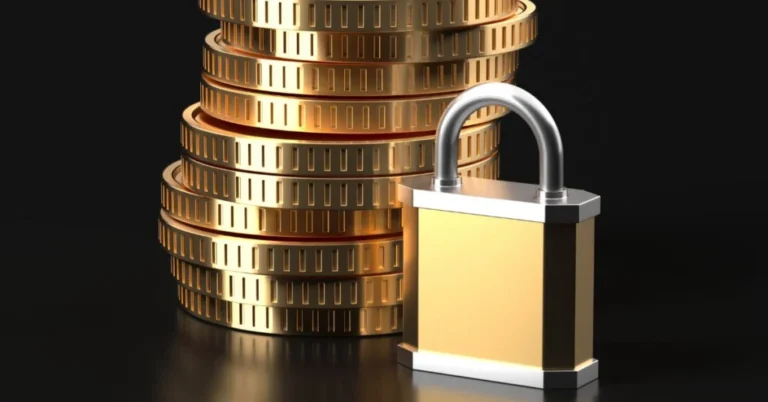gomyfinance.com credit score: master the credit score!
Boost Your Financial Health with gomyfinance.com Credit Score Insights
A credit score is a three-digit number that represents your creditworthiness. Lenders use it to decide whether to approve loans, credit cards, or mortgages. A higher credit score means better financial opportunities and lower interest rates.
Your credit score is based on your financial habits. It reflects how well you manage debt, pay bills, and use credit. Even small mistakes can lower your score and make borrowing more expensive.
Many people don’t realize how much their credit score affects their daily lives. It can impact your ability to rent an apartment, get a car loan, or even land a job. A strong credit score gives you financial freedom and stability.
Different companies calculate credit scores, but FICO and VantageScore are the most common. They analyze factors like payment history, credit utilization ratio, and length of credit history. Knowing how these factors work can help you improve your score.
A poor credit score can lead to high-interest rates and loan rejections. It may also limit access to credit cards with good rewards. Improving your credit score takes time, but it is possible with the right strategies.
Checking your credit score regularly is important. It helps you catch errors on your credit report and track your financial progress. Many free credit monitoring services can simplify this process.
Understanding credit scores doesn’t have to be complicated. Learning the basics can help you make better financial decisions. In this guide, we’ll break everything down so you can take control of your credit score.
| Aspect | Fact | Percentage |
|---|
| Payment History | Reflects on-time bill payments, defaults, and bankruptcies. | 35% |
| Credit Utilization Ratio | Percentage of available credit used. Higher usage may lower the score. | 30% |
| Length of Credit History | The longer your credit history, the better your score. | 15% |
| Types of Credit Accounts | A mix of different types of credit accounts, like cards and loans. | 10% |
| New Credit Inquiries | Frequent applications for credit can lower your score. | 10% |
| Good Credit Score Range | A score above 700 is typically considered good. | >700 |
| Excellent Credit Score | A score above 750 is considered excellent. | >750 |
| Missed Payments Impact | Missing payments can have the largest negative impact on your score. | N/A |
| Credit Utilization Impact | Maxing out credit cards negatively affects your score. | N/A |
| Old Accounts | Closing old accounts can shorten credit history and lower the score. | N/A |
| Credit Monitoring Benefits | Tracks credit score, reports errors, and offers improvement tips. | N/A |
| Frequency of Credit Check | It’s recommended to check your credit score at least every 3 months. | N/A |
| Improvement Time | Small changes, like paying bills on time, improve your score over months. | N/A |
How Credit Scores Are Calculated

Your credit score is based on different financial behaviors. Lenders look at these factors to decide how risky it is to lend you money. Understanding these factors can help you improve your credit rating.
Payment History (35%) – The Most Important Factor
Payment history shows whether you pay your bills on time. Late payments, defaults, or bankruptcies can lower your credit score. Paying on time every month is the best way to build good credit.
Credit Utilization Ratio (30%) – How Much Credit You Use
Credit utilization ratio is the percentage of your available credit that you use. Using too much credit makes lenders think you rely on borrowing. Keeping your credit utilization below 30% can help your credit score.
Length of Credit History (15%) – The Age of Your Accounts
The longer your credit history, the better your credit rating. Lenders prefer borrowers with a long track record of managing credit. Keeping older accounts open can help boost your credit score.
Types of Credit Accounts (10%) – A Mix of Credit
Having different types of credit accounts shows you can handle various financial responsibilities. A mix of credit cards, auto loans, and mortgages can help improve your credit score. However, you should only take on new credit if you need it.
New Credit Inquiries (10%) – The Impact of Applications
Every time you apply for new credit, a lender checks your credit report. Too many applications in a short time can lower your credit rating. It’s best to apply for credit only when necessary.
Understanding FICO vs. VantageScore
FICO and VantageScore are two major credit scoring models. They both use similar factors but may weigh them differently. Checking both scores can give you a complete picture of your credit score.
How Often Does Your Credit Score Update?
Credit scores update as lenders report your activity. Some lenders report every month, while others report less often. Using credit monitoring services helps you stay on top of changes.
Improving your credit starts with understanding these factors. By making smart financial choices, you can build a strong credit rating. In the next section, we’ll cover common credit score mistakes to avoid.
Common Credit Score Mistakes to Avoid

Many people make mistakes that hurt their credit score without realizing it. These mistakes can make borrowing more expensive and limit financial opportunities. Avoiding them can help you maintain a strong credit score.
Missing Payments – The Biggest Credit Mistake
Late or missed payments can hurt your credit score the most. Even one missed payment can stay on your credit report for years. Setting up automatic payments can help you stay on track.
Maxing Out Credit Cards – High Credit Utilization Ratio
Using too much of your available credit lowers your credit rating. Lenders see high balances as a sign of financial trouble. Keeping your credit utilization ratio below 30% is ideal.
Closing Old Credit Accounts Too Soon
Closing old accounts shortens your length of credit history. A shorter history can lower your credit score, even if you have no debt. Keeping older accounts open can help maintain a strong credit rating.
Applying for Too Many Credit Cards at Once
Every credit application results in a “hard inquiry” on your credit report. Too many inquiries in a short time can lower your credit rating. It’s best to space out applications and only apply when necessary.
Ignoring Your Credit Report – Not Checking for Errors
Your credit report can have mistakes that hurt your credit score. Errors like incorrect late payments or accounts that don’t belong to you can appear. Checking your credit report regularly allows you to dispute mistakes and protect your credit rating.
Mistakes can happen, but fixing them is possible. By avoiding these common errors, you can keep your credit score strong. In the next section, we’ll go over how to improve and maintain a high credit score.
How Online Credit Monitoring Helps You Take Control

Tracking your credit score is easier with the right tools. Online credit monitoring services provide useful insights, credit report analysis, and improvement tips. They help you stay informed and make better financial decisions.
Free Credit Score Tracking
Regular updates let you monitor changes to your credit rating. This helps you see what actions improve or hurt your credit score. Keeping an eye on your credit report can prevent financial surprises.
Personalized Credit Improvement Tips
Platforms analyze your credit habits and suggest ways to improve. Small changes can lead to big improvements over time. Learning from these insights helps you build better credit.
Taking control of your credit has never been easier. The right tools and knowledge can help you reach your financial goals. Start monitoring your credit today and secure a brighter financial future!
Conclusion
Understanding and maintaining a good credit score is essential for financial health and access to better lending opportunities. By staying informed about the factors that influence your credit score, such as payment history, credit utilization, and the length of your credit history, you can take proactive steps to improve your score. Avoiding common mistakes, such as missing payments or maxing out your credit cards, can prevent your score from dropping. With the help of online credit monitoring tools, you can track your progress and receive personalized advice to strengthen your financial standing. Take charge of your credit score today to secure a more stable financial future.
What is a credit score, and why is it important?
A credit score is a three-digit number that represents your creditworthiness. Lenders use it to assess the risk of lending money. A higher credit score means better loan approval chances and lower interest rates, which can save you money in the long term.
How is my credit score calculated?
Your credit score is calculated based on factors like your payment history (35%), credit utilization ratio (30%), length of credit history (15%), types of credit accounts (10%), and new credit inquiries (10%).
What is considered a good credit score?
A score above 700 is typically considered good, while scores over 750 are excellent. A good score can help you qualify for loans with favorable terms and lower interest rates.
How often should I check my credit score?
It’s a good idea to check your credit score regularly, at least once every three months, to monitor your progress and ensure there are no errors on your credit report.
What are some common mistakes that hurt my credit score?
Common mistakes include missing payments, maxing out credit cards, closing old accounts, applying for too many credit cards in a short period, and ignoring errors on your credit report.
How can I improve my credit score?
Improving your credit score involves making on-time payments, reducing your credit card balances, keeping older accounts open, limiting credit applications, and regularly checking your credit report for errors.
What is credit monitoring, and how does it help?
Credit monitoring helps you track changes to your credit score and report. It offers insights into your credit behavior and provides personalized tips to improve your credit standing.
How long does it take to improve my credit score?
Improving your credit score takes time. Small changes, such as paying bills on time and reducing credit utilization, can result in gradual improvements over a few months or even years.
Can checking my credit score affect it?
No, checking your own credit score is considered a soft inquiry and does not impact your credit rating. However, applying for new credit results in a hard inquiry, which can temporarily lower your score.







